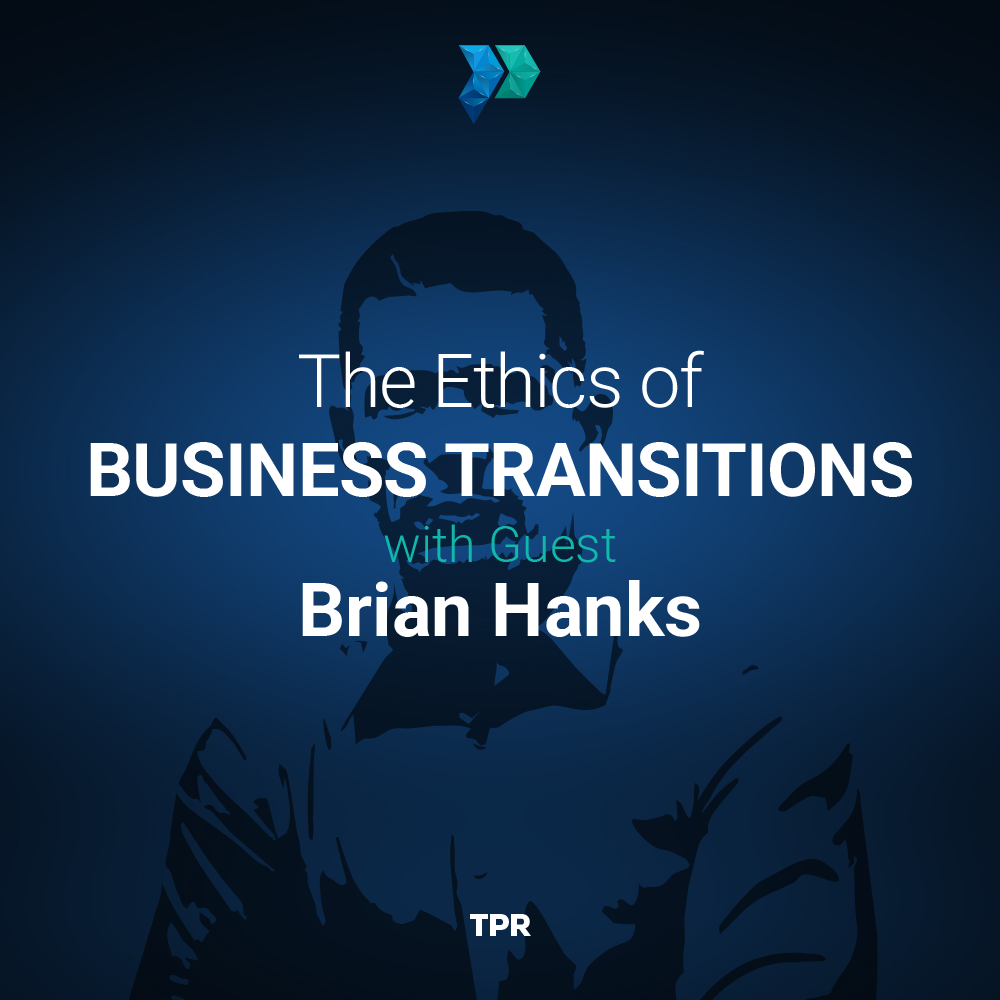What You'll Learn In Today's Episode:
- Pay attention to the details in IRA transactions to avoid common mistakes.
- Have an intentional tax planning strategy and prioritize the basics.
- Delegate tasks effectively and establish a communication policy in a team setting.
- Prioritize tasks based on their importance and provide clear instructions to team members.
In this recap episode, Amber shares the highlights and action items from this week. On Monday, Matt and Steven Jarvis, CPA discussed common IRA mistakes and tax planning strategies. They emphasized the importance of careful handling of rollovers, understanding the 60-day rule, and annual review of clients’ tax returns. On Thursday, Jamie focused on communication strategies for financial advisors. She highlighted the importance of delegating tasks effectively, prioritizing high-value activities, and establishing clear communication policies within a practice. Jamie emphasized creating an environment where team members can comfortably follow up on tasks and the need for regular team meetings. She underscores that mastering these communication skills is essential for advisors aiming to boost productivity, increase revenue, and build a high-performing team.
Resources In Today's Episode:
Read the Transcript Below:
Amber Kuhn
Hello, TPR nation. This is Amber Kuhn. Thank you for joining me on today’s Follow up Friday, where I’ll be recapping this week’s episode highlights and action items. On Monday, Matt was joined once again, by his brother, Steven Jarvis CPA, the Head of Retirement Tax Services. They wanted to talk about mistakes that are made with IRA accounts, ones that are easy for advisors to fall into the traps. Of Stephen said, You need to make sure that you are doing the basic things correctly, and don’t take for granted. Things will happen automatically. Matt and Steven walked through examples of these common mistakes, the first being rollovers. They said that if it’s trustee to trustee, this is usually pretty straightforward, but in the example they shared, where it’s easy to mess up is if the custodian pushes out a check, you’ve got to be really careful in the scenario and tell your client to immediately notify you. Steven said, you want your documentation to be rock solid, because even in the situations where it’s unlikely an error will occur, it’s still possible. That said, this is one of the few places hope risk predicting the future, and it sticks in the client’s mind that he told them something may happen, versus being in a state of frustration when it does happen. The 60 day rule is another mistake that happens. Steven said you need to be really clear on when the 60 day window expires, and that there’s some conditions that you really have to make sure you’re paying attention to, or you can end up creating some irreversible situations for your clients. Ben Steven said, anytime you’re doing money movement, it’s not done until you verify that it’s correct on the tax return. So as an advisor and someone who cares about tax planning, you have to make sure you’re getting that tax return every year, even when it comes to software and technology, technology isn’t to the point where it will replace an advisor. And there are certain life events where you have to have checklists around to double check certain things, such as retirement rollovers, moving money between accounts and switching tax preparers. Matt and Stephen also talked about when clients have some extreme ideas, and help help them have a space to share those ideas, but also help them see that it’s not a good plan. Stephen will remind clients, taxes are never, or almost never, the primary reason you do something that there are more passengers on a bus. He said, You want to go back to the basics and mention that the flashy stuff can be fun to talk about, but it makes sure that the basics are covered first. He said a lot of times clients will stop and realize that, and then it doesn’t need to go any further. Matt also said that he’ll tell clients that they’ll never do anything for taxes that they wouldn’t otherwise do. But he said that if a client is really set on something bizarre, he’ll utilize his suit wise, to help and for guidance. Steven will also repeat things back to a client and highlight the things that don’t pass the Smith test. It’ll take it a step further and ask the client to get documentation from the person who pitched things to them. This approach works for anything as well, not just taxes, but investments too. Additionally, with IRAs in the States, Matt said, a warning flag is anything really involves you as one of the people in the transaction. Another area that gets tricky is when people want to buy gold inside their IRA, because you as the individual can have physical possession of the investment of the IRA. Matt and Steven wrapped up by sharing that whatever area of tax planning you’re talking about, you have to have an intentional plan. That’s how you get ahead. If you let taxes happen by default, that’s where you’re likely to get killed on taxes. So make sure that you write down the next 10 years and understand what big life events are coming up for your clients, and make sure you have an intentional plan. Let’s get into action items. The Retirement Tax Services Tax Summit is coming up this September, if you’re interested in learning more and to save your spot, visit retirementtaxservices.com/summit you need to have clear and concise ways of articulating complex strategies and rehearse it so that it comes to you as easily as saying your own name. Lastly, if you’re interested in retirement tax services, master classes on form 8606 and back to rock contributions, visit retirementtech services.com. On Thursday, Jamie had an episode for leaders as well as their teens, as she talked about communication and following up, she started by talking about how for anyone but the first thing you need to do is go hire someone, even if it’s part time to do those tasks that are taking up a lot of your time that aren’t worth the revenue you want to make. But Jamie’s first tip in hiring someone for this is not to look to your family, because they don’t see this as a real job, and you can’t fire them because you have to face the rest of your family. So ultimately, hiring families be detrimental not just to you, but to the person that you’ve hired as well. Jacob said the reason you need someone to handle those smaller tasks that aren’t worth the revenue you want are because if not, then you’re not thinking about how to get ahead and get to where you want. She’s that the most successful people know how to delegate their time because they’re evaluating what they need to do and when. And you need to use a filter of when you’re at your highest and best use. You need to use this every day when you’re looking at your task. So let’s say you hire someone, but they aren’t doing things how you want them to get done or the speed you want. Jamie said, this can stem from not having a communication policy in place, so make sure that you have one that explains how someone can connect with you and the appropriate things to bring to your attention. You also need to make sure that you look at the prioritization of tasks and that the person you’re giving the task to understand the assignment. They need to understand the how and why of the work that needs to be done. Now the other part of this is in a situation where your team member, who’s the one interacting the most with their clients, has something that’s a priority, but you act like it isn’t. Your team is the one who will deal with the issues and potential negative client reactions from this, because Jamie said you’ve then set them up for failure. She said that if a team member approaches you to follow up that in some way, you’ve let them down, but you need to let them know that even if it feels uncomfortable, they need to be able to politely follow up with you. But the issue is, if your team puts something on your calendar, you don’t get it done, and then they just stop. Your team feels like if they ask about it, that they’re nagging, but Jamie said the difference between following up and nagging is marriage. So team members need to follow up, and when they do, they need to give you enough information to make a decision. Second with this, you need to be consistent and make sure that there’s a weekly meeting with your team and that you are giving them all the information they need to be successful. And for team members, Jamie said you must follow up. This doesn’t mean every day, but if there’s something that’s sensitive, you need to be on it with that follow up. And if it isn’t timeline sensitive, then that needs to be brought up on the weekly meeting. And if you followed up a few times already, you can then ask if the task is a priority. Jamie wrapped up by sharing the unique skills that you need to develop, such as increasing your productivity, your revenue, delegating to discerning what’s worth your attention. And then you need to align yourself with the right people to get those tasks done and set them up for success. That wraps up this weeks recap, TPR nation. If you’re looking for more resources, or if you have a question, be sure to email us at lifestyle@theperfectria.com thank you for joining me, and please share this or any of our episodes with another advisor or a team member who you think might benefit from and be sure to subscribe to The Perfect RIA podcast, so you don’t miss an episode. Until next time, happy planning.








